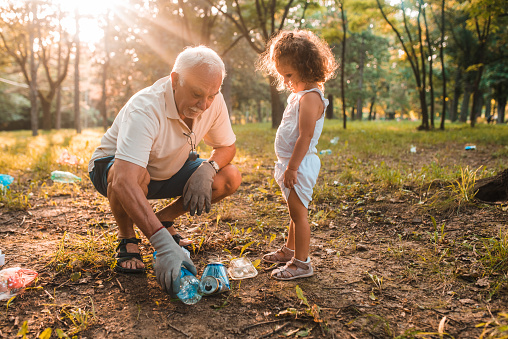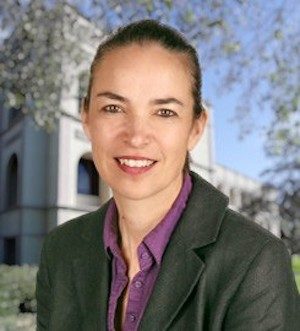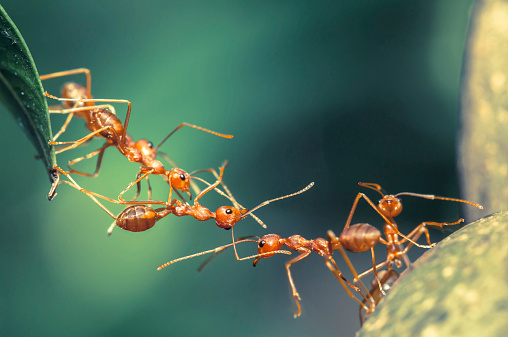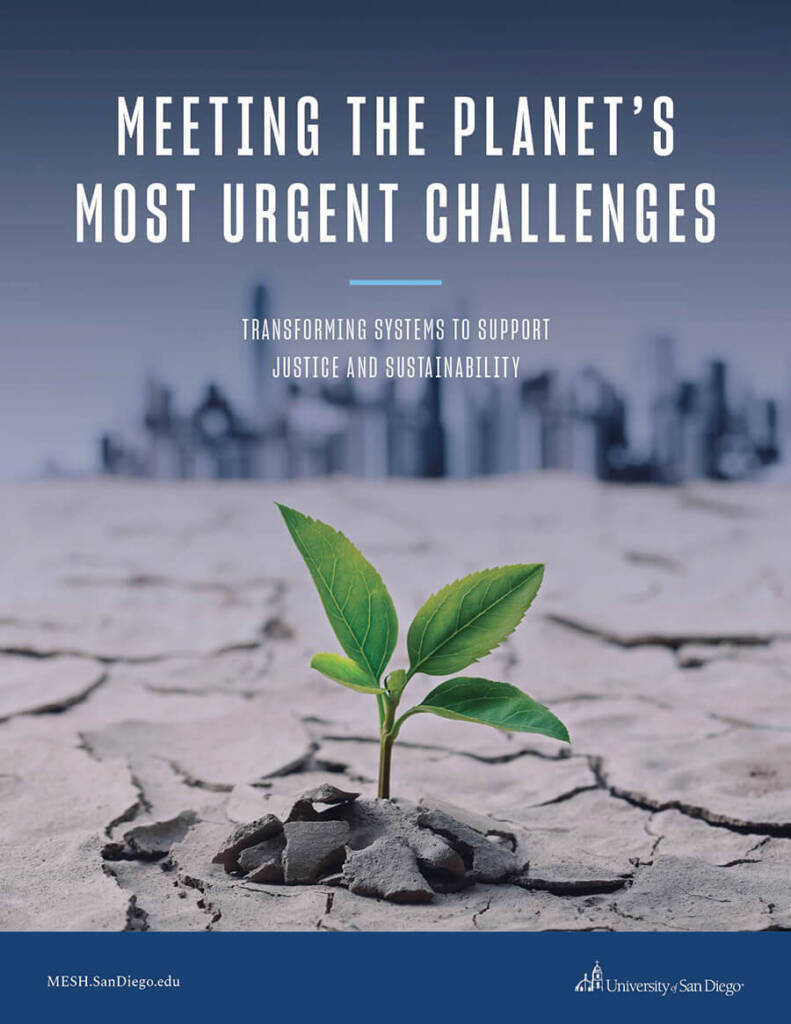Valuing justice, health, and sustainability
How many of us can truly say we value what we do for a living, or that we are living by our values? I spend a lot of my time as a University Professor guiding those who are interested in bringing their values to the forefront of how they think, act and create. I did a study once (Values study) which looked at what engineers across North America valued in their professional life. Many valued the ‘profession’, ‘engineering’, ‘technology’, and the very nature of solving problems. Others valued ‘society’ and their role in ‘serving people’. What became evident though, was that most would do what they were told, giving value to their company or the Government, over and above what they might individually believe was the right thing to do. Few were driven by their own ideals, values, or beliefs about what different communities and the environment in which we live, might really need. In order to ensure that we move forward with developments that reduce or eliminate climate change, poverty, racism, pandemics and other public health crises, we must think bigger. We must question the values that drive us. Leaders of the future must be those who have the values and commitment to positively transform our systems.
Some years ago when I was undertaking a study on gender inclusivity in engineering, entitled ‘why so few?’, a girl I had interviewed came to see me:
‘Thank you’, she said, ‘for what you told me yesterday. I had no idea I could be myself and be an engineer.’
Some months later I was running an outreach program at a local girls’ school, to try and share that very message – that a diversity of ways of being and knowing are what the profession needs, if we are to create, to engineer, for all. We were hosting a production of ‘Mrs. Mac’, a play we had created about Florence Violet Mckenzie, the first female electrical engineer in Australia. She was an incredible person who taught herself how to install electricity in order to gain entry to the local technical college as an apprentice, because the nearby University prohibited women from studying engineering. During WW2, she went on to create the Women’s Emergency Signaling Corps (women teaching military men morse code), wrote a cookery book to encourage the use of the first electric cookers, gained an OBE and much more. After the production we had a conversation about engineers:
‘What are engineers like?’ I asked
‘Boring old men with beards, who work in old sheds in their backyard’ came the reply
‘What do engineers do?’ I went on
‘Make things no one wants’, was their sad reply
But when I asked:
‘What would you do, if you were an engineer?’
They told me they would:
‘Save the planet; solve environmental problems (and this was in 1994); create automatic cleaning machines (so we don’t have to do it) as well as ‘better looking men’…
How could a group of 14 year old girls believe that engineers were ‘bearded old men’ that did nothing, and yet have the potential to, literally, save the world?
What we value drives what we do. No technology is inevitable. If we value ‘increasing the number of plastic toys created in a minute’, that’s what we spend our time and money focusing on, instead of ‘finding a sustainable alternative to plastic’ – or ‘developing nature-based programs for kids (so they don’t need plastic toys..)’.

If we could learn from our ancient civilizations and traditional guardians of our lands, if a more diverse section of society had been engineers for the last 200 years, who knows what our world would look like. To make this change now, we need to bring together those with vision, from different disciplines, cultures, and ideas, but with a shared commitment and values to work towards justice, health and sustainability.
To this end, MS in Engineering, Sustainability and Health (MESH) welcomes graduates from any field of study, and any stage of career, from as many parts of the world as possible, because we know it will take all of us, working together, to find a way through the complexity of our entangled problems.
Imagine getting up every day to work on something you value, something you believe in…




